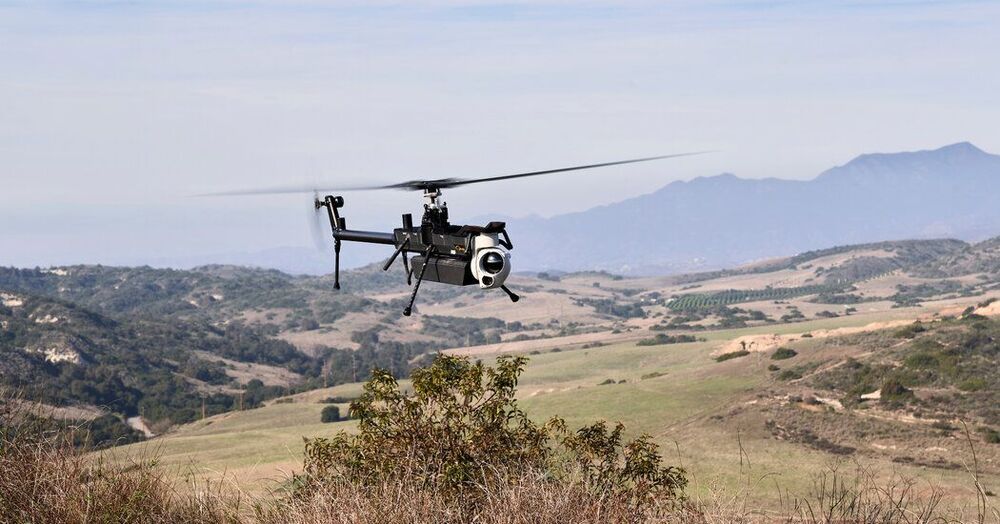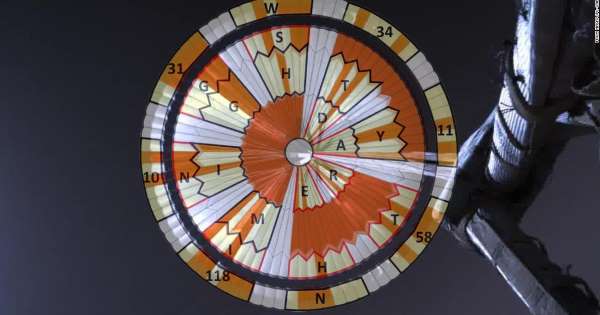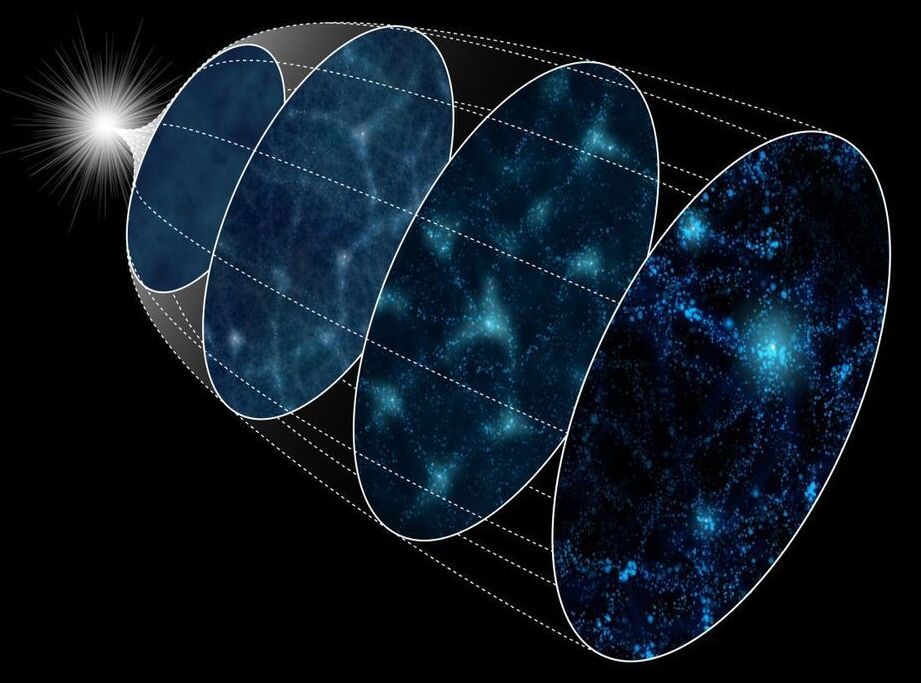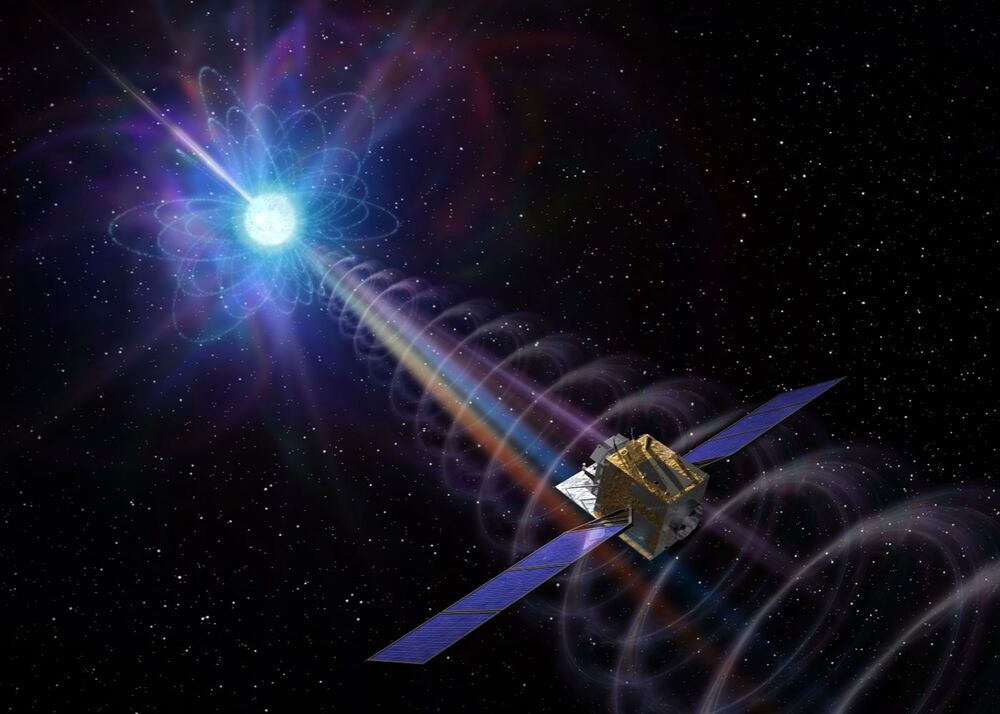The Defense Department is hungry for small drones that will track objects and fly into buildings, combat zones and other dangerous areas with little help from remote pilots. Self-piloting drones will become a key part of fighting and other military activities in the years to come, said Mike Brown, director of the Defense Innovation Unit, a Pentagon organization that aims to facilitate cooperation between the military and the tech industry.
While much has been made of tech’s unwillingness to work with the Pentagon, start-ups are still plumbing the industry’s decades-long ties to the military.









